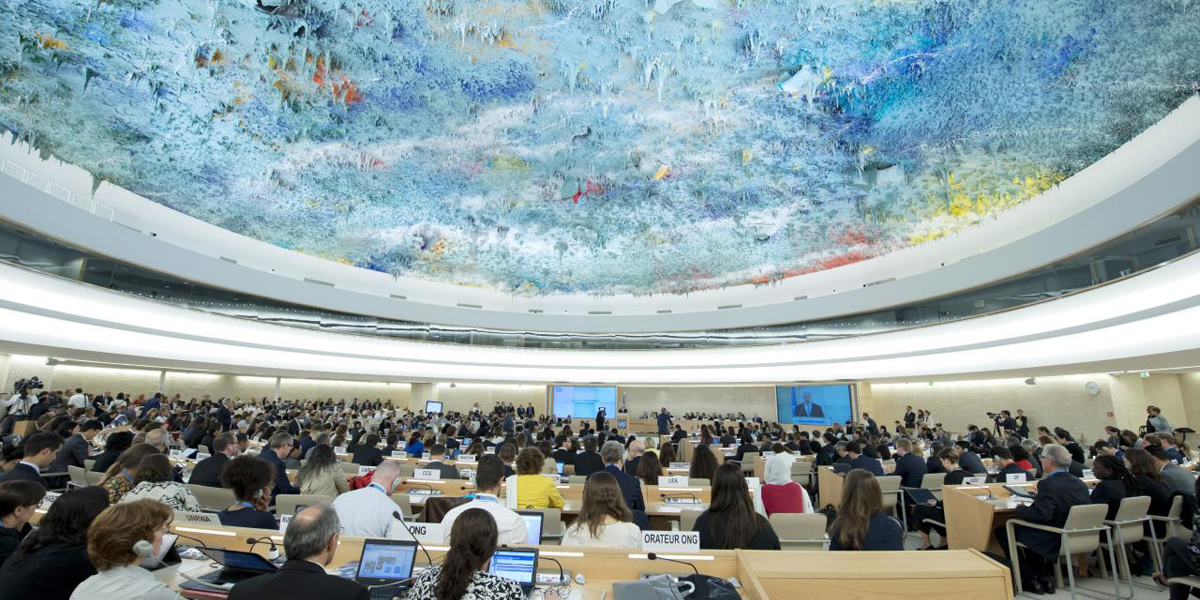Labour, liberty and human rights
In a seemingly ever more unequal and polarised world, human rights discourse should be a way of responding to enormous threats and challenges guided by past experience and universal values. In a sometimes coarse and toxic political debate, essays rather...
In a seemingly ever more unequal and polarised world, human rights discourse should be a way of responding to enormous threats and challenges guided by past experience and universal values. In a sometimes coarse and toxic political debate, essays rather than epithets are a way of exploring those same threats, challenges – and indeed the opportunities that come with them – in a spirit of civility and curiosity instead of bitterness or bile. This short collection of provocations creates a little space in which to attempt both. That space is enhanced by a welcome consensus within the contemporary Labour movement and much of wider civil society around the notion of post-war human rights as a means of both protecting individual liberty and dignity, and binding societies and peoples together.
The Human Rights Act 1998 (HRA) is Britain’s modern Bill of Rights. It is capable of being as important a Labour legacy as the NHS or welfare state and because human rights are indivisible – under Jeremy Corbyn’s leadership – it is as fiercely defended. It has the advantage of a broad democratic heritage both at home and internationally. In incorporating the European Convention on Human Rights (ECHR) that Winston Churchill passionately promoted after the second world war, it should attract the support of all mainstream democrats in the UK and Europe. However it also connects us with much of the post-imperial world that adopted similar civil rights principles in founding constitutional documents. So it is a predictable shame that Conservative leaders have for too long attacked the Human Rights Act as part of wider xenophobic distraction, designed to divide and rule people instead of uniting and empowering them. In engaging both parliament and the courts in its practical enforcement mechanisms, the HRA is capable of animating and informing both political and legal debate. It contains qualified as well as absolute rights (privacy and free speech as well as rules against torture and slavery). Thus its constant references to measures that are necessary in a “democratic society” recognise human beings as social as well as individual creatures. It helps us navigate – if not finally resolve – so many dilemmas about the balance between freedom and equality, security and other vital priorities.
However there are two important caveats. Firstly, it is one thing to defend human rights in theory and another to promote them in practice via political discourse, policy formulation, public education and real access to justice. This makes some of the issue-specific discussions in this collection particularly important. Louise Haigh offers a robust approach to law and order which supports the police whilst still learning from past injustices so as to protect our civil liberties. Andrew Noakes suggests an approach to immigration based on human rights values as well as economic value, and suggests we address people’s fears and insecurities rather than stoking them. Laura Janes offers clear thinking on young people’s disempowerment, Britain’s prison crisis, and the relationship between the two. Robert Sharp challenges Labour more jealously to guard privacy and free speech against lazy authoritarianism both on and offline.
Secondly, the Human Rights Act – like the ECHR itself- for the most part, protects our civil and political rights rather than those of a social and economic nature. No discussion of Labour and liberty can fail to recognise what the drafters of the precursor Universal Declaration of Human Rights realised in 1948. Broader human rights are about delivering and even celebrating everything that a person needs to thrive. That means housing, healthcare and an economic means of living in dignity, as much as personal privacy, freedom of conscience and speech. Who would dream of asking an emancipated slave to choose liberty or equality, or offering a guest the opportunity to share in the meal or conversation, but not both? “Freedom to” as well as “freedom from”, is illustrated in a number of the essays and in particular, the more philosophical pieces by Lisa Nandy and Jason Brock as well as the socio-economic contributions from Andrew Fagan, Frank Field and Andrew Forsey, and Virginia Mantouvalou. Fagan is right to seize on the socio-economic aspect of human rights as being equally vital to improving the popular understanding of human rights. Mantouvalou on employment, like Andrew Noakes on immigration, makes important observations about discrimination.
Many of the contributors seek to draw on a left and Labour history that is too often casually forgotten or deliberately ignored. It is not merely possible to believe in both an effective progressive democratic state and empowering people. It is ultimately impossible to achieve either goal without the other. With their focus on “responsibilities” rather than “rights”, Field and Forsey might seem like the grit in the oyster of this collection. However the answer to their central conceptual challenge at least, may perhaps be found in Tom Paine’s thoughts from over two hundred years ago. Rights and responsibilities are inextricably linked by “reciprocity”. No one’s liberty and dignity can be practically maintained without the equal and opposite duty on the rest of us to maintain it. That applies as much in the workplace as it does on the street and in the global supply chain. That means protecting rights in the living room, classroom and boardroom as well as the court room. With the help of shared values and positive debate, a Labour government will protect them in the Cabinet room as well.

